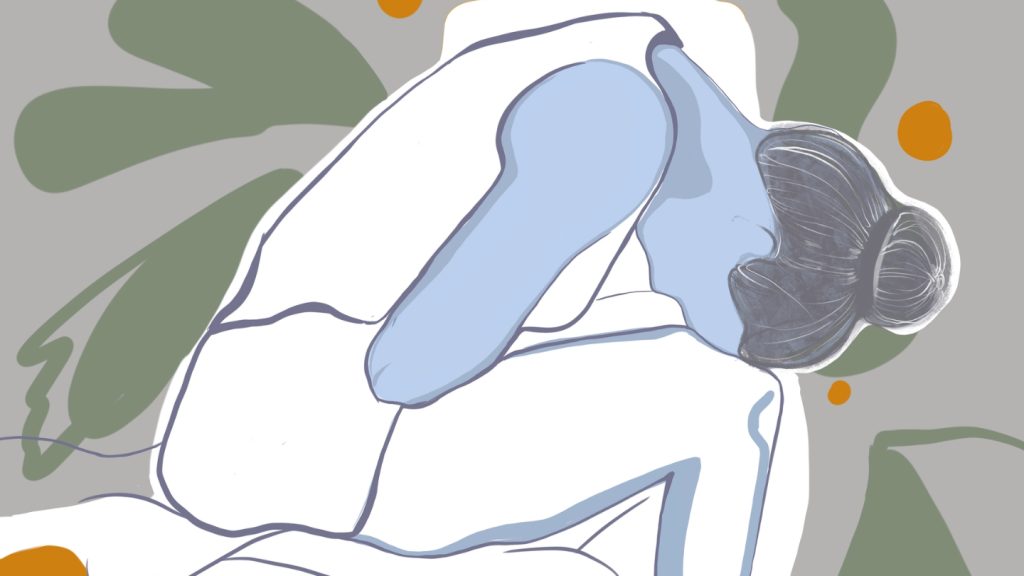Chronic pain is a significant issue for many Americans, with current treatments such as analgesics often proving ineffective in the long run. The reason for this is that clinicians are still uncertain about the nature of pain and how best to address it. However, recent research has shed light on the complex mechanisms underlying chronic pain, revealing the involvement of various factors including the nervous and immune systems, emotions, age, and sex. This increased understanding has fueled efforts to develop better diagnostics and treatments for chronic pain. For example, scientists have identified a potential biomarker for chronic pain in the orbitofrontal cortex of the brain, offering new possibilities for tracking and managing pain. Additionally, a drug called suzetrigine, which targets pain-sensing cells by blocking a sodium ion channel, is currently being reviewed by the FDA.
As we navigate this critical juncture in understanding chronic pain, the importance of supporting scientific research and journalism cannot be overstated. Science News and its parent organization, the Society for Science, require assistance to bolster environmental literacy and ensure that our response to issues like climate change is informed by scientific evidence. By subscribing to Science News and contributing to efforts to expand science literacy, individuals can play a vital role in shaping how we address pressing challenges such as chronic pain and climate change. It is essential to prioritize investments in science communication and research to inform public discourse and decision-making on these complex issues.
Despite the progress made in understanding chronic pain, there are still significant gaps in our knowledge that need to be addressed. Clinicians continue to struggle with effectively treating chronic pain, and many individuals still do not find relief from current therapies. This underscores the urgent need for further research and innovation in the field of pain management. By supporting scientific endeavors and journalistic efforts like those undertaken by Science News, we can contribute to advancements in diagnostics and treatments for chronic pain, offering hope to individuals who are suffering from this pervasive condition.
The quest to unravel the mysteries of chronic pain involves a multidisciplinary approach that considers the interconnected nature of various factors influencing pain perception and management. Researchers are exploring the roles of the nervous and immune systems, emotions, age, and sex in shaping individuals’ experiences of pain. By identifying potential biomarkers for chronic pain and developing novel therapeutic strategies, scientists are advancing our understanding of this complex phenomenon. The discovery of biomarkers like activity in the orbitofrontal cortex provides new avenues for tracking pain in the brain and developing targeted interventions that address the underlying mechanisms of chronic pain.
In light of the ongoing challenges posed by chronic pain, it is crucial to support efforts that promote scientific literacy and evidence-based decision-making. By subscribing to Science News and contributing to initiatives that enhance science communication, individuals can help advance our understanding of chronic pain and other pressing issues. Elevating public awareness of scientific research and its implications for healthcare and policy decisions is essential for addressing the complex challenges associated with chronic pain. Through collaborative efforts across disciplines and sectors, we can work towards improving the lives of individuals affected by chronic pain and enhancing the quality of care they receive.
As society grapples with the complexities of chronic pain and the need for effective treatments, it is clear that continued support for scientific inquiry and journalism is indispensable. By investing in organizations like Science News and the Society for Science, individuals can play a crucial role in advancing our knowledge of chronic pain and other critical issues. Enhancing science literacy and promoting evidence-based approaches to healthcare and environmental challenges are essential for shaping a more informed and resilient society. Through collective action and a commitment to supporting scientific research and communication, we can drive progress in understanding and addressing chronic pain, ultimately improving the well-being of individuals affected by this widespread condition.


